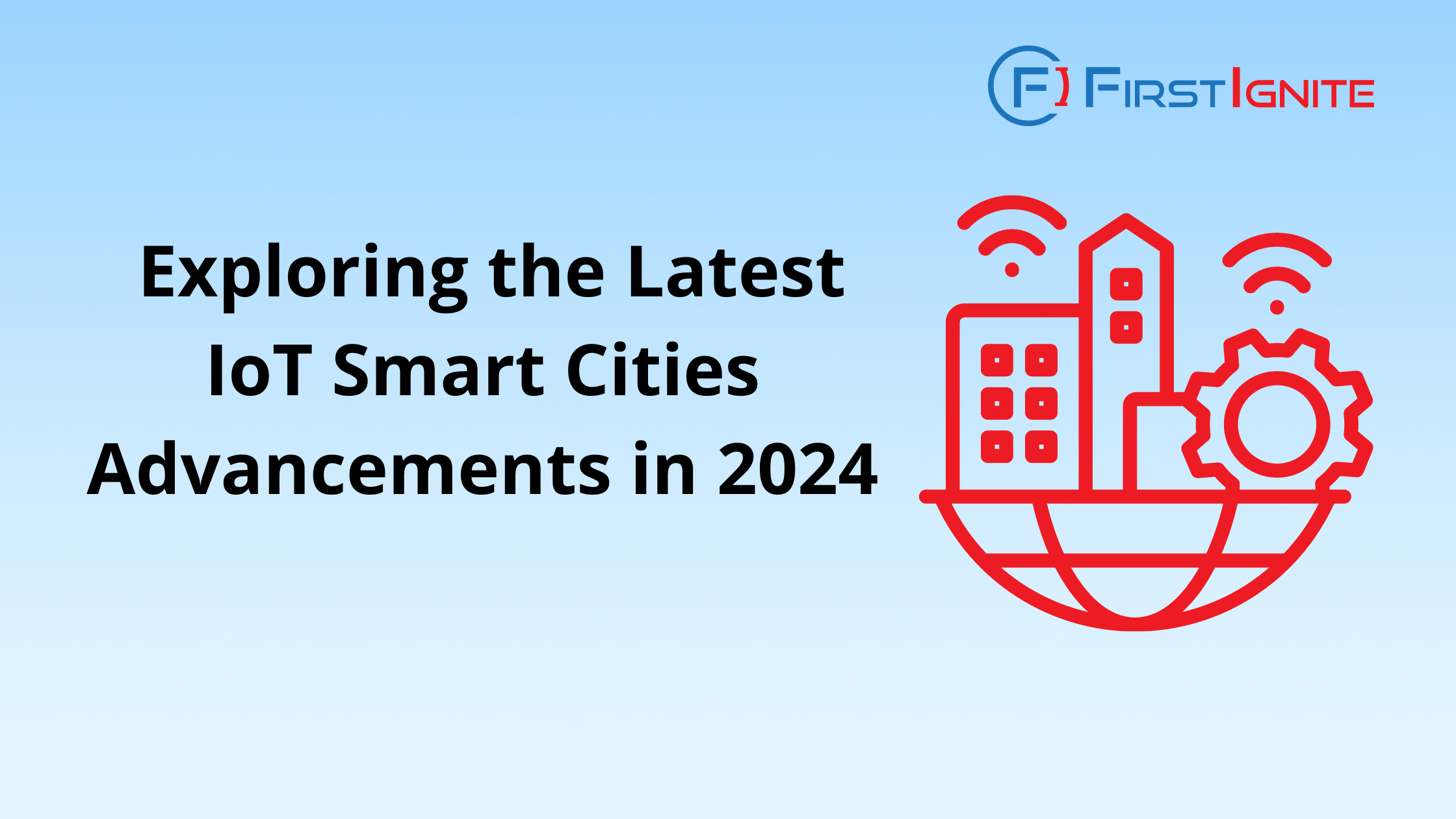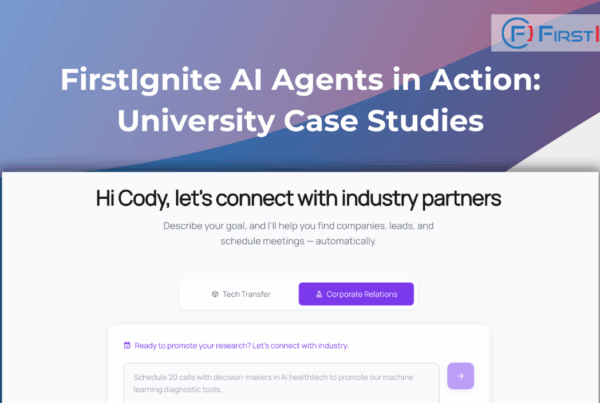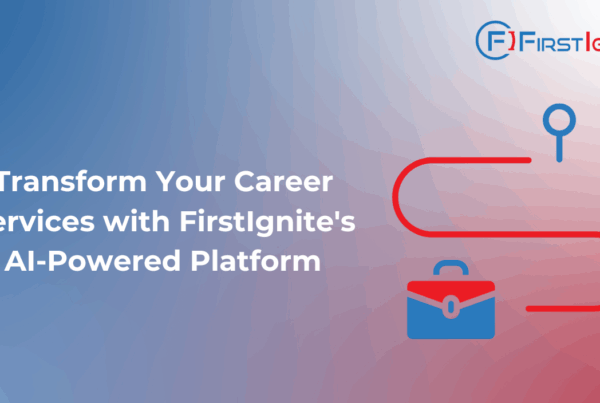
Introduction to IoT Smart Cities
As we stand on the precipice of a technological revolution, the concept of “smart cities” has become a captivating vision for urban centers worldwide. The integration of the Internet of Things (IoT) into the fabric of our cities holds the promise of transforming the way we live, work, and interact with our surroundings. In this article, we will discuss the exciting advancements that are shaping the future of IoT smart cities, exploring the role of Artificial Intelligence (AI), the innovations on the horizon in 2024, and the far-reaching applications across various industries.
Role of Artificial Intelligence (AI) in IoT Smart Cities
IoT and AI are driving the evolution of smart cities, with AI-powered systems collecting and analyzing vast data sets to optimize city operations. From traffic and energy management to public safety and healthcare, AI empowers IoT devices to transform urban areas into intelligent, responsive environments. Predictive analytics utilize AI algorithms to anticipate challenges and improve resource allocation, while automated decision-making enhances efficiency by streamlining processes. Personalized services cater to citizens’ unique needs, improving user experience, while AI-driven cybersecurity measures protect smart city infrastructure and data from cyber threats in real-time.
Innovations in IoT Smart Cities in 2024
In 2024, IoT smart cities are experiencing remarkable transformations across transportation, energy solutions, and urban living. Autonomous mobility, integrating self-driving vehicles and IoT-enabled traffic management, is enhancing commute efficiency and reducing congestion. Smart grids and renewable energy systems are pivotal, optimizing energy distribution and storage while promoting sustainability. IoT-driven waste management systems are optimizing collection routes and boosting recycling efforts. Enhanced public safety through IoT surveillance and predictive analytics is improving emergency response and citizen security, shaping a safer and more efficient urban landscape.
University Advancements in IoT Smart Cities
Universities worldwide lead in advancing IoT solutions for smart cities through research, development, and education. They collaborate with industry to innovate IoT technologies, addressing urban challenges. Interdisciplinary approaches merge computer science, engineering, urban planning, and public policy to pioneer holistic solutions. Specialized programs and training cultivate future IoT leaders. Many host IoT testbeds to refine technologies. Carnegie Mellon University (CMU)’s Metro21: Smart Cities Institute applies IoT in transportation and infrastructure. USC’s Center for Cyber-Physical Systems and the Internet of Things (CCI) researches IoT in smart cities, healthcare, and transportation, contributing to global urban technology advancements.
Applications of IoT Smart Cities in Various Industries
IoT smart cities have transformative potential across diverse industries, revolutionizing healthcare through remote patient monitoring, telemedicine, and smart hospital management systems. In retail and hospitality, IoT-driven infrastructure offers data insights to personalize customer experiences and optimize operations. Manufacturing and logistics benefit from IoT-connected supply chains and predictive maintenance, enhancing efficiency and productivity. IoT-enabled urban farming and precision agriculture in smart cities improve food systems’ sustainability and resilience.
Conclusion: Embracing the Future of IoT Smart Cities
As we move forward in 2024, the promise of IoT smart cities is clear. By harnessing cutting-edge technologies, we’re shaping urban landscapes that are more livable, sustainable, and responsive to citizen needs. With advancements in AI and ongoing innovations, IoT-enabled smart cities are becoming increasingly prevalent, revolutionizing how we live, work, and interact with our surroundings.




